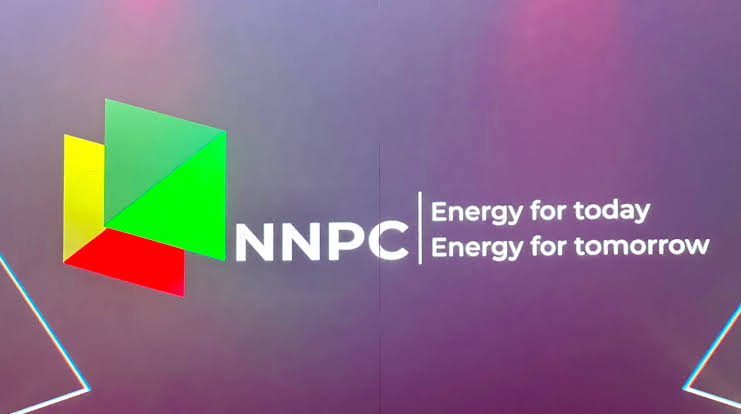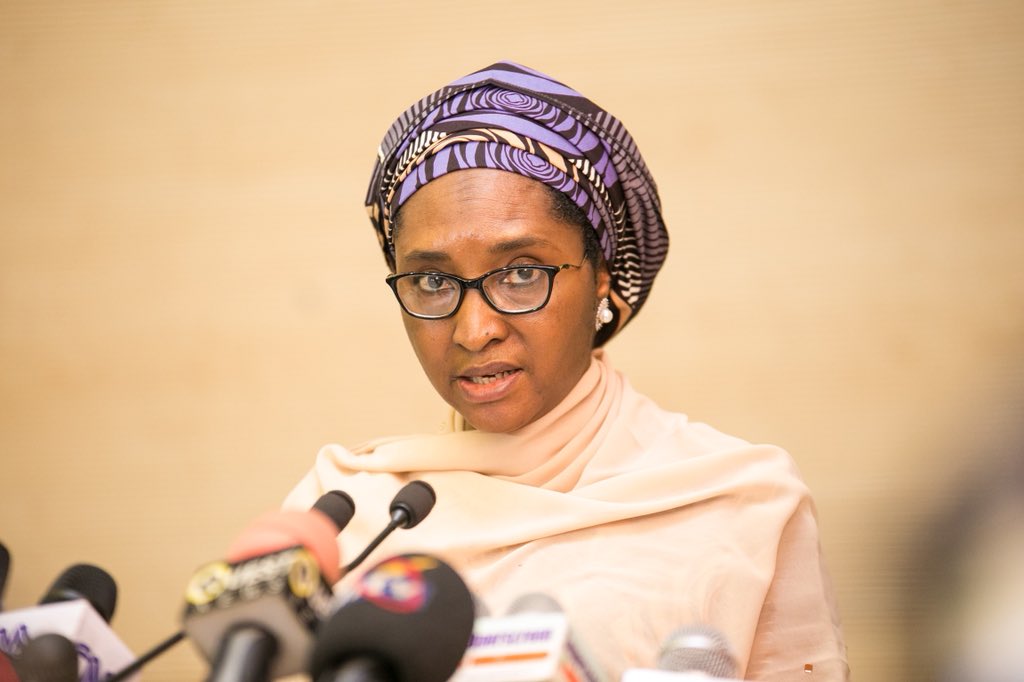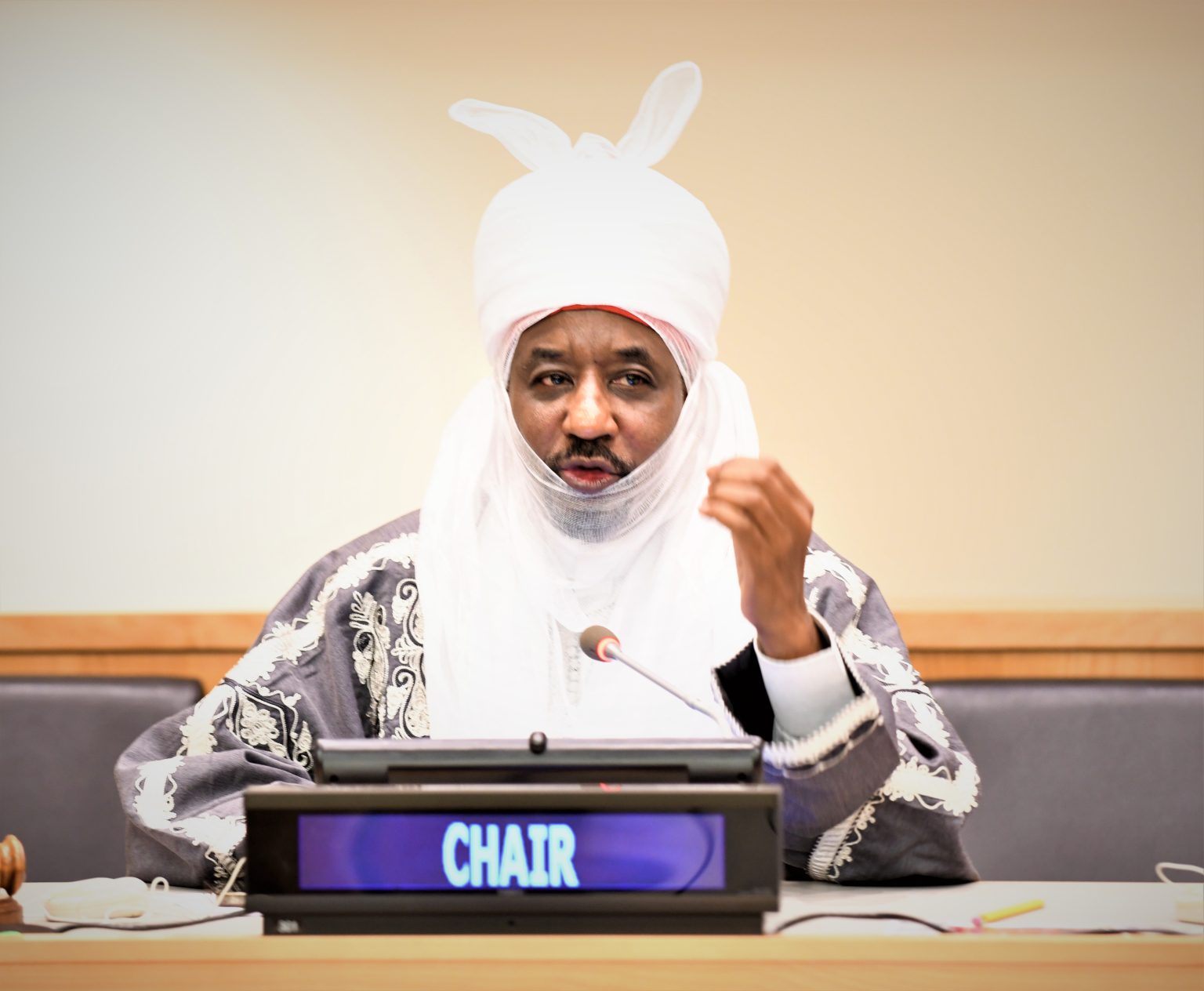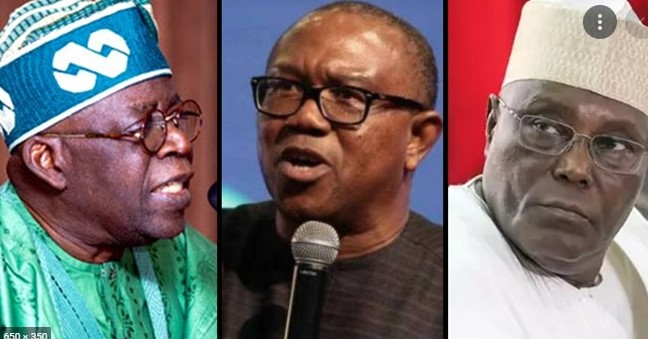How the removal of fuel subsidy in 2023 will directly affect you
As a Nigerian, you enjoy a direct subsidy of N283 every time you buy petrol at N165 per litre.
If you’re currently buying a litre of petrol at N175 in your area, it’s because the Federal Government is purportedly paying billions of Naira every month to make it available and affordable for you.
In other words, you should be paying much more to get a litre of petrol into your car or power your generator sets whenever the national grid collapses or when the Power Distribution Companies (DisCos) throw us into darkness.
But thankfully, with subsidy, the FG allegedly pays more than 50 per cent of the actual price of the petrol you buy at filling stations.
How does this work?
Okay, let’s break it down further.
Nigeria is an oil-producing country. We have oil in abundance in many states, but we don’t have functional refineries to turn our crude oil into a finished product.
So, to process the crude oil, we take it out in barrels to foreign refineries and import it back into the country for domestic supply.
The Nigerian National Petroleum Company Limited (NNPC) is the sole importer of refined petroleum in Nigeria.

After all the expenses incurred in refining the crude oil, including logistics, the cost of producing a litre of petrol is pegged above N400. This is called “The landing cost.”
So, how did subsidy come in?
A bit of history is very important here.
Fuel subsidy was first introduced in Nigeria in the 70s as a response to the 1973 global oil crisis when members of the Organisation of Arab Petroleum Exporting Countries (OAPEC) placed an embargo on many countries including the USA, UK, Canada for supporting Israel during the "Ramadan War".
The embargo led to a global rise in oil prices and to address this, the Nigerian government introduced subsidies to regulate local prices, and in 1977, a decree was enacted to institutionalise fuel subsidies.
Back to the landing cost
In August 2022, when the official pump price of petrol was N165 per litre, the Minister of Finance, Budget and National Planning. Dr Zainab Ahmed said the landing cost of refined PMS was around N448 per litre.
The Federal Government feels buying a litre of petrol at the landing cost of N448 per litre would impose financial hardship on Nigerians.

So, to make it affordable, the FG asks you to pay N165 for a litre instead of N448, which is said to be the official cost of producing a litre of petrol.
Basically, fuel subsidy is the difference between the pump price (which is between N165 and N185) and the landing cost which is N448 per litre.
Therefore, as a citizen of this oil-producing country, you enjoy a direct subsidy of N283 every time you buy petroleum at N165 per litre.
From the foregoing, fuel subsidy appears like something the FG put in place to make life easy for Nigerians in a way, but beneath the surface is a very controversial statistics that has to do with fuel consumption in Nigeria.
Now, let’s look at the statistics of our daily consumption.
How much fuel do we really consume daily?
Nigerians consume 66 million litres of petrol every day according to the NNPC.
If you multiply 66 million by 30 (days), it means Nigerians consume over 19 billion litres of petrol every month.
So, to subsidise our monthly fuel consumption, the government according to Festus Keyamo, the Minister of Labour and Employment spends between N250bn to N300bn every month.
While 66 million litres of fuel is bandied as our official statistics of daily petrol consumption by the NNPC, some notable Nigerians have disagreed with this figure.
Just recently, the former Governor of the Central Bank of Nigeria, Sanusi Lamido Sanusi, queried the NNPC’s claim about the volume of petrol Nigerians consume daily.

He strongly believes that the figure of 66 million litres per day is highly inflated.
This is evident given the fact that in 2019, the official figure was 40 million litres per day, and three years later, the figure increased to 66 million.
So what is responsible for the astronomic increase in our daily petrol consumption within the last three years? Is it the population or the number of cars in the country?
For reference, Pakistan which has about the same population as Nigeria does not consume 66 million litres of petro daily.
According to the statistics from the Pakistan Bureau of Statistics (PBS) and reported by Propakistani, a Tech and Business website in the country, "the total usage of fuel in Pakistan amounts to 56 million litres per day, out of which, 44.24 million litres of fuel are consumed by vehicles".
There has been no sufficient explanation about how Nigerians consume 66 million litres of petrol every day from the NNPC. Basically, whatever the agency says you consume is the official figure.
This is why many Nigerians believe payment for fuel subsidy in Nigeria is a scam.
Should it be removed?
Presidential candidates of the Peoples Democratic Party, Atiku Abubakar and his ruling All Progressives Counterpart, Bola Ahmed Tinubu, have stated in their manifestos that they would remove fuel subsidies if elected.

Both promised to remove it in stages to lessen whatever economic and financial effect it would have on you.
On his part, the Presidential candidate of the Labour Party, Peter Obi believes the fuel subsidy is largely non-existent. He calls it an "organised crime."
The last attempt to remove fuel subsidies in 2012 caused chaos all over the country as Nigerians were not willing to buy the idea.
If removed, how will it affect you?
In November 2021, Mele Kyari, the Group Chief Executive Officer (GCEO) of the Nigerian National Petroleum Company Limited (NNPCL), said if the subsidy is removed in 2022, petrol prices will range between N320 and N340 per litre.
Earlier in the year, the Department of Petroleum Resources (DPR) said when the subsidy is removed, the pump price of petrol may rise to N1000 per litre.
The point here is that if the Federal Government decides to stop subsidising petrol today, you’ll be spending at least N400 to buy a litre of fuel.
For instance, if you currently fill up your Toyota Corolla tank with N8,000, you’ll be spending at least N20,000 if the subsidy is removed next year.
However the next president decides to go about subsidy removal, it would certainly affect the finances of the ordinary people considering the food crisis that may hit the country as a result of the recent flooding.
ridoola.blogspot.com.ng
Comments
Post a Comment